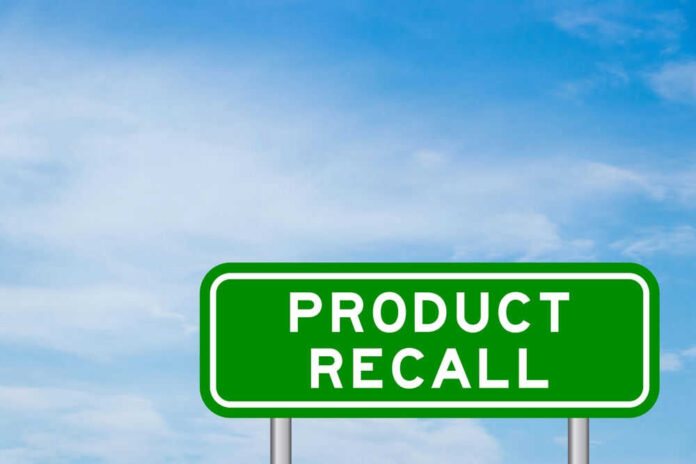
Imagine buying what you think is a healthy chicken sausage only to find out it might be laced with something that sparked a massive recall.
At a Glance
- Over 24,000 pounds of chicken sausage recalled due to plastic contamination.
- The recall is nationwide with no reported injuries.
- FSIS oversees the recall and urges consumers to discard or return the product.
- Highlighting ongoing food safety challenges and the critical nature of rapid recall actions.
Kayem Foods’ Major Recall
Kayem Foods Inc., a Massachusetts-based company renowned for its sausages and processed meats, is in the hot seat after recalling a staggering 24,173 pounds of chicken sausage.
The recall was initiated after consumers reported finding pieces of plastic in their food. The product in question is the “ALL NATURAL al fresco CHICKEN SAUSAGE SWEET APPLE with Vermont made syrup,” which was packaged in 11-ounce vacuum-packed packages with a lot code “179” and a “USE/FRZ BY” date of October 1, 2025. The establishment number is “P-7839.”
Such recalls are not unprecedented in the U.S. meat and poultry sector, but they are certainly alarming. The USDA’s Food Safety and Inspection Service (FSIS) classified this recall as a Class I, indicating a high health risk.
This classification is reserved for situations where there is a reasonable probability that the use of the product will cause serious adverse health consequences or death.
FSIS Steps In
The FSIS, tasked with ensuring public health and food safety, is actively overseeing the recall. They have issued public alerts advising consumers to either discard or return the affected products.
The recall spans nationwide, impacting all retail locations that stocked the product. Fortunately, as of now, no injuries or illnesses have been reported.
This recall is part of a series of high-profile food safety incidents recently, including a nationwide fish recall due to botulism risk. Such events emphasize the crucial role of FSIS in safeguarding what ends up on American dinner tables.
Implications and Industry Response
The immediate fallout for Kayem Foods includes the financial burden of product disposal, logistics, and potential reputational damage.
Long-term, this could lead to changes in their quality control processes, prompted by increased scrutiny from both regulators and the public. The incident serves as a wake-up call for the entire industry to reevaluate safety protocols and ensure that such lapses do not happen again.
For consumers, the situation highlights the importance of transparency and safety in the food supply chain. The industry must prioritize consumer trust and implement robust safety measures to prevent foreign material contamination, a persistent challenge often linked to equipment failure or human error.
Moving Forward
As the investigation into the source of contamination unfolds, the focus remains on preventing further incidents. Industry experts advocate for advanced detection technologies and regular staff training to minimize risks.
The voluntary nature of Kayem Foods’ recall is seen as a positive step, demonstrating proactive risk management and commitment to consumer safety.
In a world where overregulation and government overreach are constant threats, the FSIS’s role in this recall is a reminder of the balance necessary between oversight and freedom.
Ensuring the safety of our food supply is non-negotiable, but it must be done without stifling innovation and business operations unnecessarily.



















